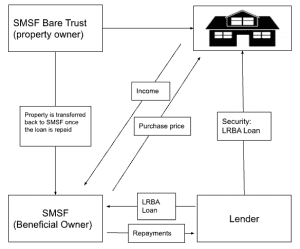
In the world of banking, customers often expect loyalty to be rewarded. However, a phenomenon known as the “bank loyalty tax” has gained attention in recent years. The term refers to a situation where existing borrowers are charged more by financial institutions compared to new borrowers. In this article, we’ll explore the concept of the bank loyalty tax, its implications, and how you can avoid it.
What is the Bank Loyalty Tax?
The bank loyalty tax, although not an official term, describes the difference in treatment between new and existing borrowers when it comes to loan terms, interest rates, and fees. Financial institutions sometimes offer preferential terms to attract new customers, including lower interest rates, reduced fees, or enticing introductory offers. At the same time, existing borrowers might find themselves subject to less favourable conditions, such as higher interest rates or increased fees.
Implications for Existing Borrowers:
The bank loyalty tax can be frustrating for existing borrowers who have demonstrated loyalty to a specific bank. Despite their ongoing relationship and repayment history, they end up paying more for their loan, compared to new customers. This practice can erode trust and loyalty, leaving existing borrowers feeling undervalued.
Reasons Behind the Bank Loyalty Tax:
Several factors contribute to the existence of the bank loyalty tax. Financial institutions often prioritise acquiring new customers to grow their customer base and increase market share. Offering attractive terms to new borrowers can serve as an effective marketing strategy. Additionally, the costs associated with acquiring new customers, such as advertising and loan approval expenses, are factors leading to preferential treatment for new borrowers.
Avoiding the Bank Loyalty Tax:
To avoid the bank loyalty tax, knowledge and communication are key. Existing borrowers should stay informed about their loan terms, interest rates, and fees. Review loan agreements frequently, look for renegotiation or refinancing options which can help you to secure better deals. Considering the services of finance brokers to receive access to a wider range of options.
Conclusion:
As a bank customer, it’s disheartening to encounter the bank loyalty tax. Stay informed about your loan terms, rates, and fees. Review agreements regularly and discuss renegotiation or refinancing options with your broker. By actively engaging with your loan and seeking fair treatment, you can remove the impact of the bank loyalty tax and ensure your loyalty is valued.
